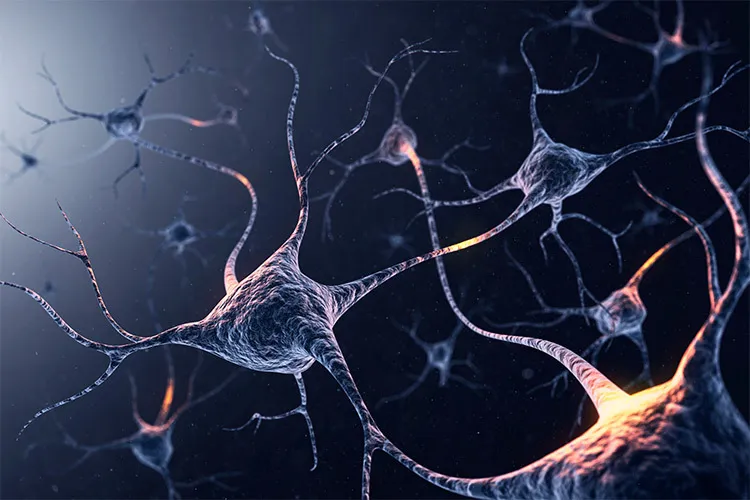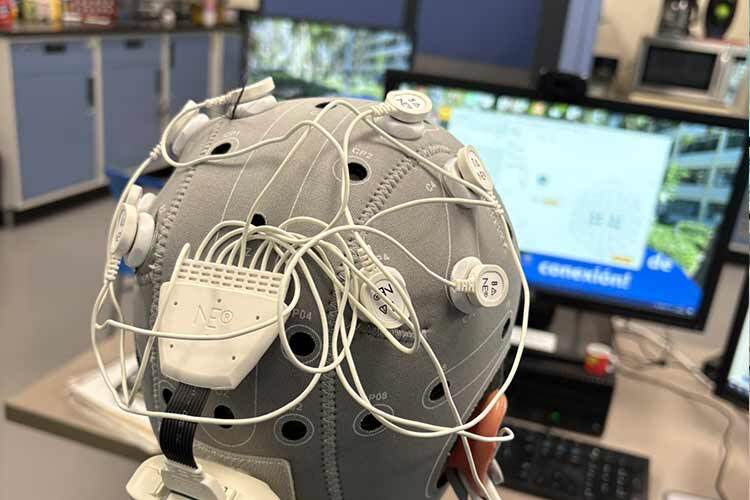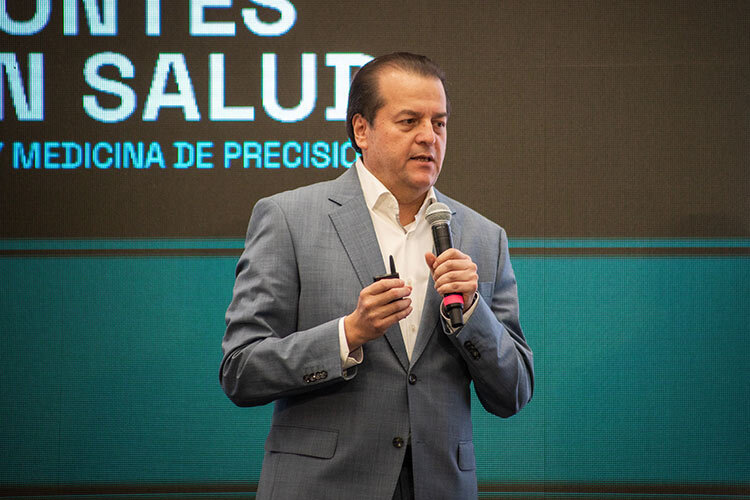After the pandemic, the World Health Organization (WHO) revealed that depression had increased by 25%, meaning a total of 250 million people are living with the condition.
According to experts, depression does not happen overnight but develops over years. You can tell when sadness isn’t fleeting but lingers, when the things you used to enjoy no longer interest you, or when you behave differently.
David Trejo Moreno, Director of the Mexican Foundation to Combat Depression, explains that the ancient Greeks called it “melancholia.”
“If you look at the deadly sins, at the description of sloth, well, it isn’t laziness but depression. The part about doing nothing, not wanting to get up, that’s not laziness. If you look at the symptoms, it’s depression,” he says.
The article “The Origin of Our Modern Concept of Depression-The History of Melancholia From 1780-1880: A Review,” published in the journal Jama Psychiatry in 2020, documents that the modern concept of depression arose around 1780, when it was defined as a mood disorder that could even lead to “partial insanity.”
Trejo Moreno usually explains what is happening to his patients in simple terms: “Your brain said: ‘You aren’t happy enough, so we have to save happiness chemicals because I have to use them for something else,’ but it has set them aside.”
“Depression simmers for between 5 to 10 years,” he says.
If you suspect you have depression, you can contact this foundation which offers free treatment.
Depression affects the brain
The media and social media have spread the idea that depression is due to a fault with the serotonin neurotransmitter in the brain.
However, according to Carlos Arnaud Gil, Director of the Advanced Psychiatry Program at Tec de Monterrey, depression is a much more complex phenomenon.
“Depression is not a serotonin deficiency. Depression is the alteration of multiple systems and multiple chemicals: serotonin, dopamine, norepinephrine, cortisol, histamine, and brain development systems,” explains Arnaud Gil.
The frontal lobe, which is the brain region associated with planning, is the specific area of the brain that is impaired by depression, so a loss of interest in performing activities is one of the effects of depression.
Regarding how it affects the brain physically, different studies have found different results. “Longitudinal brain volume changes in major depressive disorder” warns about brain shrinkage, while “Volumetric brain differences in clinical depression in association with anxiety” detects abnormal growth in the brain region of the amygdala.
Is there a cure for depression?
At present, there are around 25 to 30 highly effective antidepressants that don’t have any negative side effects, i.e., they don’t cause addiction.
However, some studies indicate that 30% of patients with major depression don’t respond to these medications.
Eduardo Saucedo Martínez, who is a treatment-resistant depression expert, Tec de Monterrey professor, and member of the Mexican Society of Neurology, explains that there are also effective treatments for complex cases.
One is ketamine, which was used as a recreational drug during the 1960s and in controlled doses has been proven to improve your mood, as the brain releases glutamate.
“With severe depression, there is an absence of this neurotransmitter,” he explains, although he warns that excess glutamate can be damaging to health.
Another treatment is transcranial magnetic stimulation and electroconvulsive therapy, which do not represent risks for the patient since anesthesia is used during the procedure.
“The patient enters the office, a magnetic coil is placed on their head and it is stimulated, magnetically, to activate areas that are turned off. In fact, the patient can be reading a magazine or awake and there are virtually no adverse effects With the most serious cases that we have had, we do protocols at the same time of transcranial magnetic with ketamine”, explains Arnaud.
In October, the expert will present the first 10 successful cases in the city of Guadalajara.
On the other hand, electroconvulsive therapy is not like it was done before, it is a technique that is performed in the operating room and consists of causing a medically controlled seizure, through which neurotransmitters such as serotonin, neurotransmitters such as serotonin, are released massively and —immediately— dopamine and acetylcholine, which is not the case with antidepressant medications.
“It is very effective for patients who are resistant to drug treatment. You arrive, they anesthetize you and, when you wake up, everything is over,” says David Trejo.
To find out if we have depression or someone you know, it is important to pay attention to moods, especially if they recur since patients usually wait until the problem is serious.


















